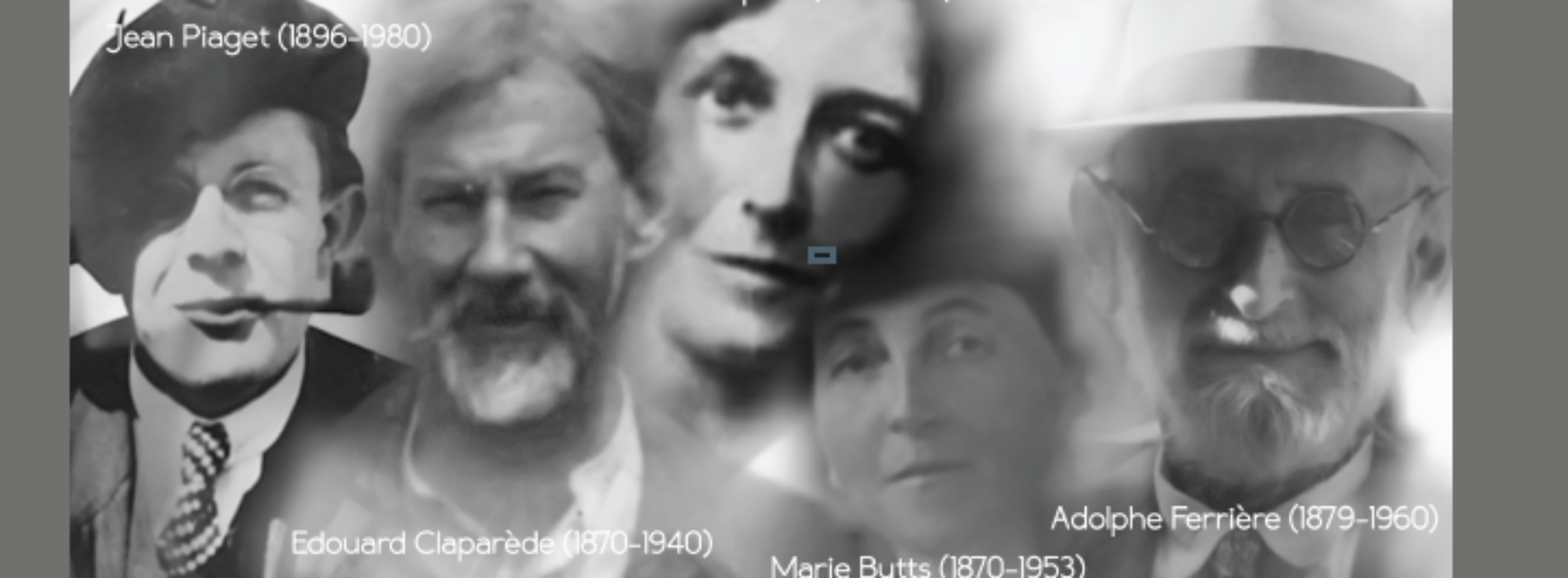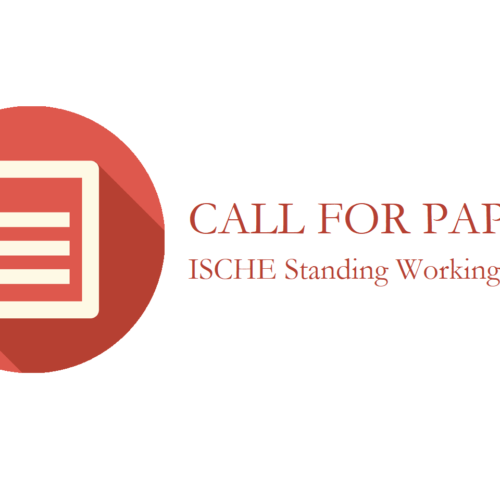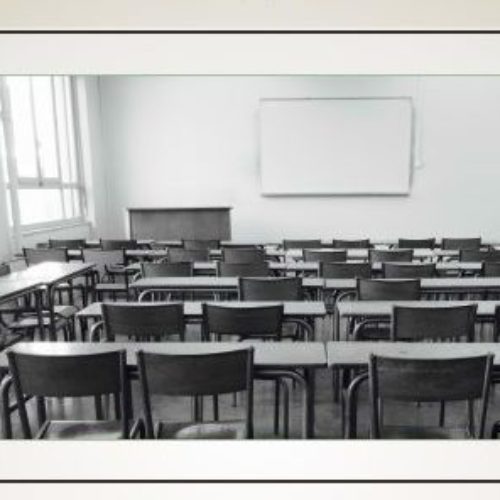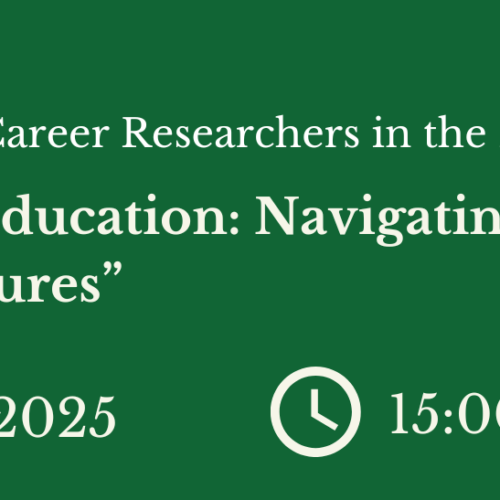Appel à contributions | Call for papers: Genève, une plateforme de l’internationalisme éducatif au 20e siècle. Sept. 14-15, 2017. DEADLINE: Nov. 15, 2016
Colloque international
Genève, une plateforme de l’internationalisme éducatif au 20e siècle
Genève, 14-15 septembre 2017
Université de Genève | Uni-Mail
Appel à contributions
Les propositions de communication prendront pour objet des personnes, des sites ou des thèmes significatifs pour « Genève, une plateforme de l’internationalisme éducatif au 20e siècle ». L’enjeu consiste à dégager la singularité d’une figure, d’un lieu, d’un mouvement, d’une association, d’une oeuvre, d’une cause qui participe de ce renouveau pédagogique à vocation universaliste. À travers des exemples, des illustrations, des traces, des archives, des documents, les communications s’attacheront à montrer en quoi ces éléments de la culture patrimoniale de Genève représentent une valeur emblématique permettant de mieux situer la place et le rôle de cette cité dans l’histoire de l’invention pédagogique et dans la construction d’une Europe des pédagogues.
Les personnes intéressées à présenter une communication dans le cadre de ce colloque international sont invitées à rédiger un abstract, en français ou en anglais, présentant clairement leur problématique (ca. 300 mots), en mentionnant aussi leurs fonction, affiliation institutionnelle, coordonnées complètes. A envoyer avant le 15 novembre 2016 à aijjr@unige.ch. Site web: http://www.unige.ch/archives/aijjr/ Pour toute demande de précision : Rita.Hofstetter@unige.ch ou Frederic.Mole@unige.ch
Organisé par les Archives Institut J.-J. Rousseau et ÉRHISE (Équipe de recherche d’histoire sociale de l’éducation), Université de Genève dans le cadre d’Héloïse, Itinéraire des pédagogues européens, Association membre de la Fédération Française des Itinéraires Culturels Européens (FFICE)
International conference
Geneva, a platform of 20th century educational internationalism
Geneva, 14-15 September 2017
University of Geneva | Uni-Mail
Call for Papers
Paper proposals will focus on people, sites or significant themes related to the general theme of Geneva, as a platform of education internationalism in the 20th century. The challenge is to identify any actor, place, movement, association, or cause that was part of educational reform with a distinct universalist dimension. Through various examples and archives, the papers will show how these elements of Geneva cultural heritage may be used in order to weigh the role of this city in the history of pedagogical invention and in the gradual construction of a “Europe des pédagogues”.
Those interested in presenting a paper as part of this international conference are invited to write an abstract in English or French, including a research issue and related questions (ca. 300 words), mentioning function, institutional affiliation, complete address. To be sent before 15 November 2016 aijjr@unige.ch. Website: http://www.unige.ch/archives/aijjr/ For details of application: Rita.Hofstetter@unige.ch or Frederic.Mole@unige.ch
Organized by the Archives Institut Rousseau and ÉRHISE (Research Team of Social History of Education), University of Geneva, a part of “Heloise” – an Association member of the French Federation of European Cultural Routes (FFICE)
About author
You might also like
CFP: Thinking education from the periphery
Thinking education from the periphery: Lifelong learning anddigital transitions in low-density territories Call for papers [thematic issue] Edited by Ana Isabel Madeira and Helena Cabeleira [Instituto de Educação da Universidade
Mapping the discipline SWG invites submissions for ISCHE 39 Conference. Deadline: Jan. 31, 2017
Mapping the Discipline History of Education Convenors: Eckhardt Fuchs, Rita Hofstetter, Solenn Huitric & Emmanuelle Picard The Standing Working Group “Mapping the Discipline History of Education” will held its fourth
Colloque La “Forme Scolaire” 29-30 June 2017 – Lyon, France
LA “FORME SCOLAIRE” PRISIONNIERE DE SON SUCCES? Comment penser l’institution scolaire, ses acteurs, ses modes de fonctionnement, ses transformations, dans l’histoire et au temps présent? Regards historiques, sociologiques, philosophiques à





